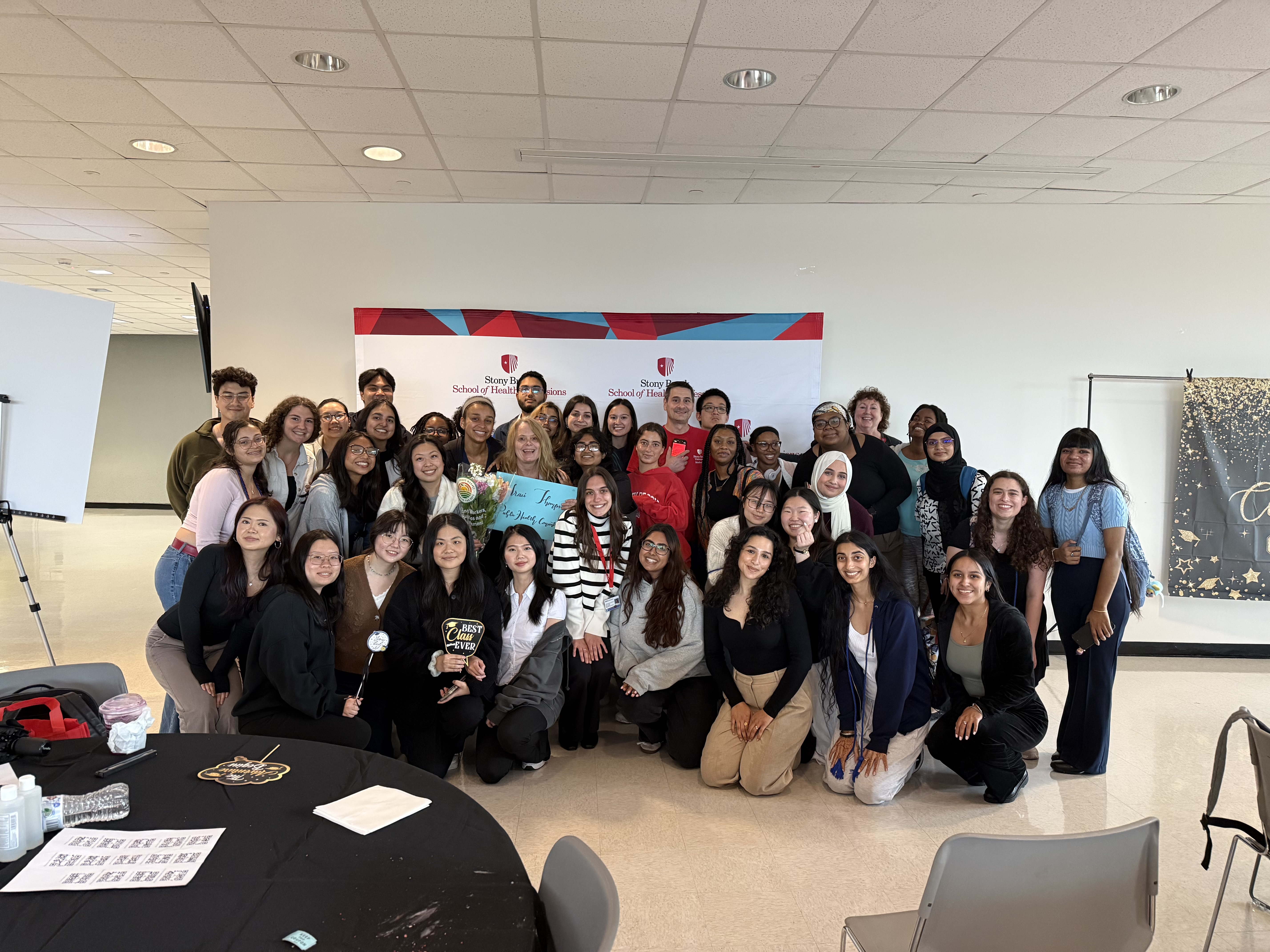
Upon inception, the Health Science major was comprised of five non-clinical concentrations of study; health care management; public health; community health; environmental health; and health care informatics. The major offered students a solid foundation for graduate studies or entree into entry-level health care positions. Due to unprecendedted growth, the major has expanded to ten areas of non-clinical and clinical concentrations of study.
Curriculum development resulted in collaborative efforts between Health Science administration and key personal from Stony Brook Medicine, regional and state agencies, professional associations, organized labor, and business sectors of New York State in order to assess educational skill sets needed for entry-level employment.
The senior year curriculum is structured around a learning communities model of education. The Health Science major coordinates projects designed to promote student-to-student and faculty-to-student success by offering thematically linked classes comprised of a common cohort of students. The fall semester, comprised of "core" curriculum, is interdisciplinary linked and provides the framework and skills not ordinarily attained through traditional methods of education. After spending the fall semester in learning communities comprised of professional ethics, communication skills, heatlh care issues, health care informatics and professional writing, students select their spring concentrations and enter into new learning communities. The core curriculum was developed to provide the skill sets necessary to succeed in the health care enviroment and also serve as building blocks for each concentration of study. Coursework in both the fall and spring semesters includes projects that foster the learning community competencies and frequently requires students to reconnect with one another outside fo the classroom setting.
All progressive projects include the use of technogy, as well as written and oral presentations. Faculty uses learning community principles to assists students in developing accountability, self-initiated learning, problem solving skills, and conflict resolution.
For a complete listing of all Health Sciences courses please refer to the Undergraduate Bulletin.

